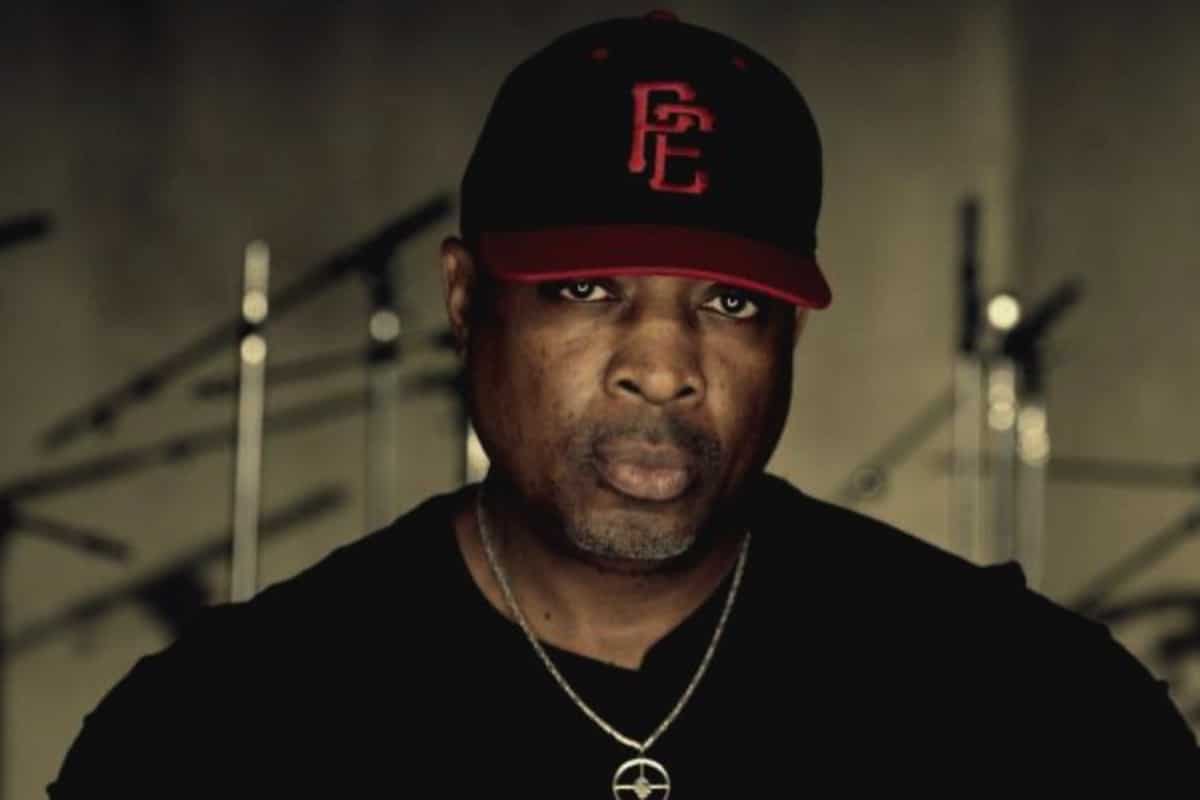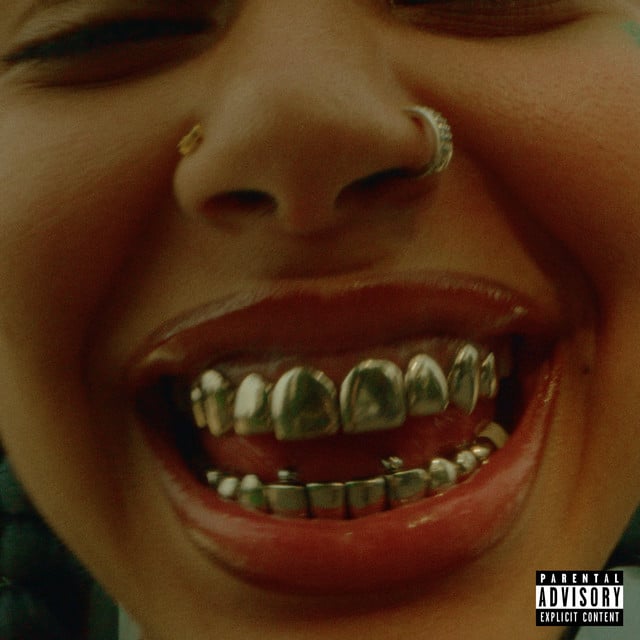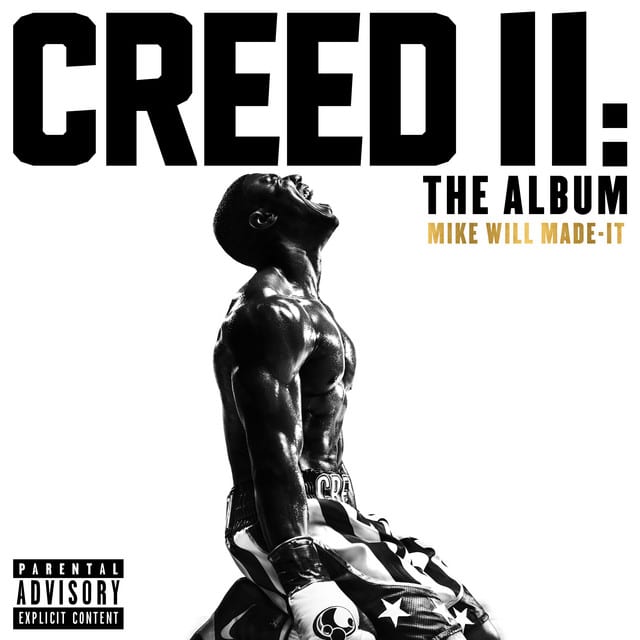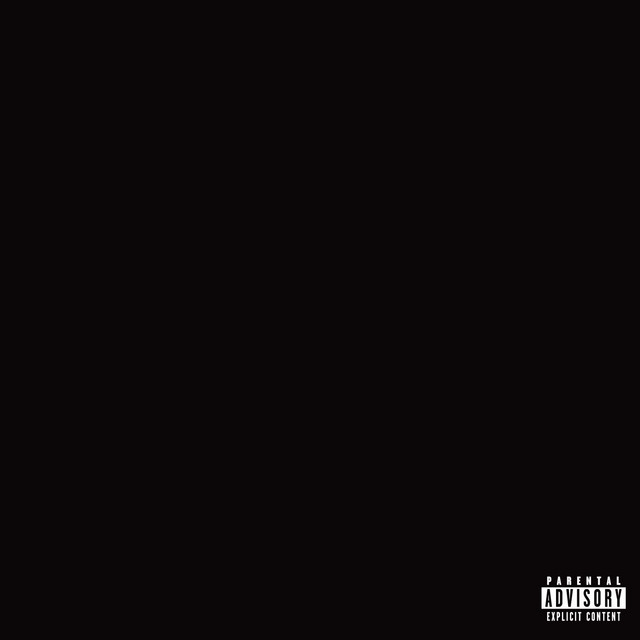Released: 1996
Chuck D’s “The Pride” takes listeners on a journey through the highs and lows of the Black experience in America, interweaving personal memories with wider socio-political commentary. Utilizing the powerful symbology of pride, the song explores the African-American struggle for recognition and respect, the importance of racial identity, and the tremendous influence of specific cultural moments and iconic figures from the past.
As Chuck D starts laying down his verse, he takes us back to his beginnings, relating that he was dubbed a “rhyme animal”. This not only references his fierce and passionate lyrical delivery, but also the stereotype of Black men as dangerous creatures. He subtly deconstructs this stereotype by referring to his alter ego, “rio mo so”, signifying his adaptability and versatility in styles.
The line “On the B side because I still got my pride” refers to the B-side of a vinyl record, often considered secondary or less important. But Chuck D asserts his pride and refuses to be relegated to any secondary status, be it in music or in life.
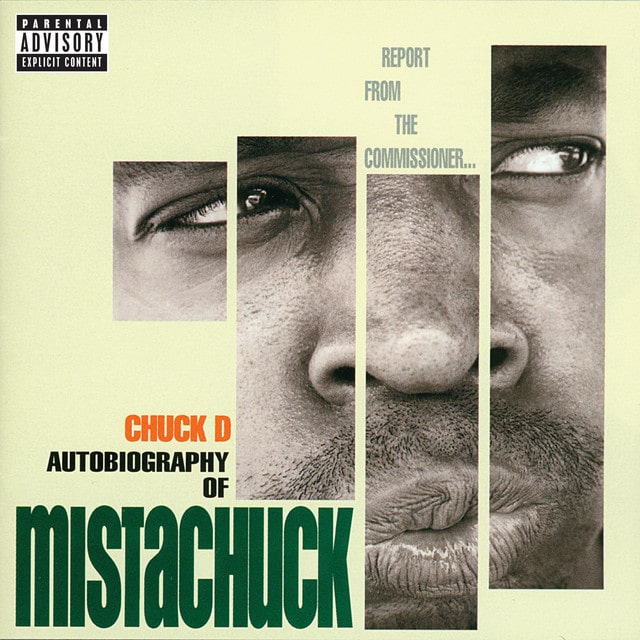
The second verse takes us to the era of Black Power, where “Dashikis, bells, to straight legs / Platforms & picks” were more than just fashion items, but powerful symbols of Black empowerment and cultural pride. The mention of “Deuce and quarters, caddies 442’s” refers to iconic American cars of the time, beloved status symbols within the Black community.
The third verse brings to light significant moments and figures from the Civil Rights Movement, like James Brown’s anthem “Say It Loud – I’m Black and I’m Proud” and the tragic assassination of Dr. Martin Luther King, Jr., which Chuck D remembers from his childhood. His poignant recollections emphasize the long-standing struggle for Black rights and the ceaseless fight against racial discrimination.
In the song’s break, Chuck D pays tribute to soul legends Aretha Franklin, Four Tops, Curtis Mayfield, and Isaac Hayes, acknowledging the strong influence of their music on the Civil Rights Movement. He also alludes to some of the most tumultuous events of the ’60s, including the assassinations of prominent figures, social unrest (“Woodstock to Kent State”), and the emergence of the Black Panther Party, emphasizing the crucial role of knowledge and understanding of history in shaping the future.
In the final verse and outro, he emphasizes the importance of pride and unity, drawing from the rich legacy of Black activism and resistance, referencing icons such as Malcolm X and Fred Hampton. The line “I reserve the right to be nothing but a man” echoes the basic human right of respect and dignity that’s been historically denied to Black people.
Overall, “The Pride” serves as an insightful dissection of Black pride and resilience, a call to remember and learn from history, while also echoing the urgency to continue the struggle for racial equality.
